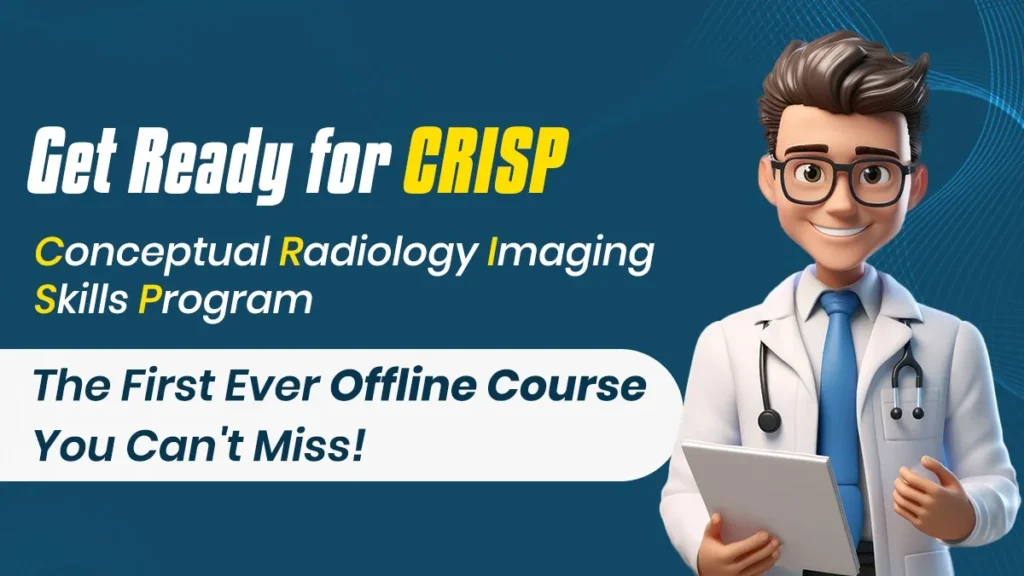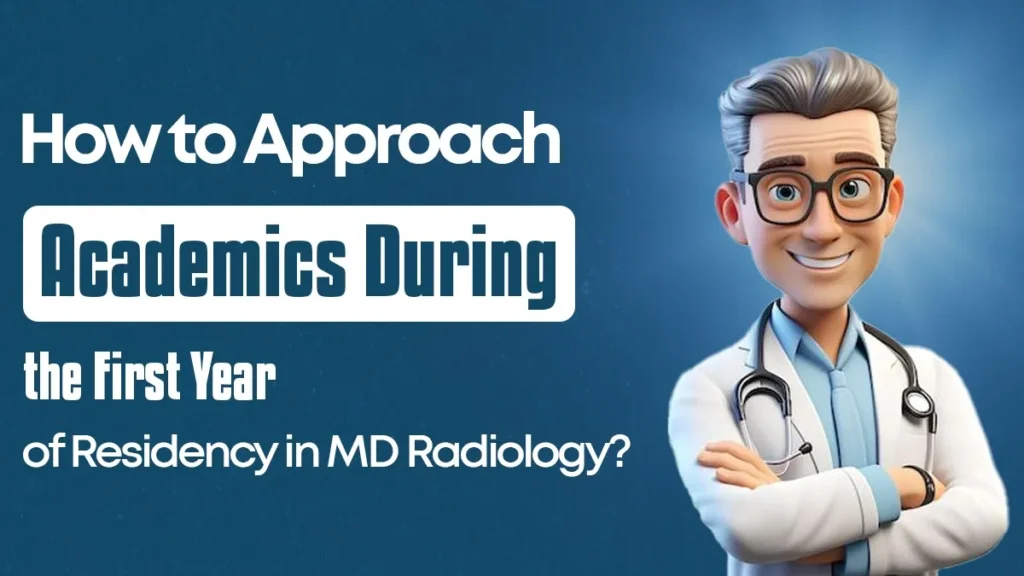Get Ready for CRISP: Conceptual Radiology Imaging Skills Program – The First Ever Offline Course You Can’t Miss!

Get Ready for CRISP: Conceptual Radiology Imaging Skills Program – The First Ever Offline Course You Can’t Miss! Are you ready for an unparalleled learning experience with CRISP? Get set ready with CRISP – Conceptual Radiology Imaging Skills Program, a 2-day offline revision & exam-training program by Conceptual Radiology. Whether you’re revising for the DNB […]
The Future is Bright: Predicting Radiology’s Next Big Trends

The Future is Bright: Predicting Radiology’s Next Big Trends As technology is continuously evolving, the field of radiology is transforming rapidly, setting new standards for radiology residents and practitioners. If a person is either pursuing training during radiology residency or conducting diagnostic or interventional practices, staying with the advancing trends is most important in this […]
How to Approach academics during the first year of residency in MD Radiology?

How to Approach academics during the first year of residency in MD Radiology? Embarking the radiology residency journey may be an overwhelming experience, especially when juggling clinical responsibilities with academics. The first year forms the very foundation of your entire residency. An organized and focused approach will help you excel academically while you build your […]
